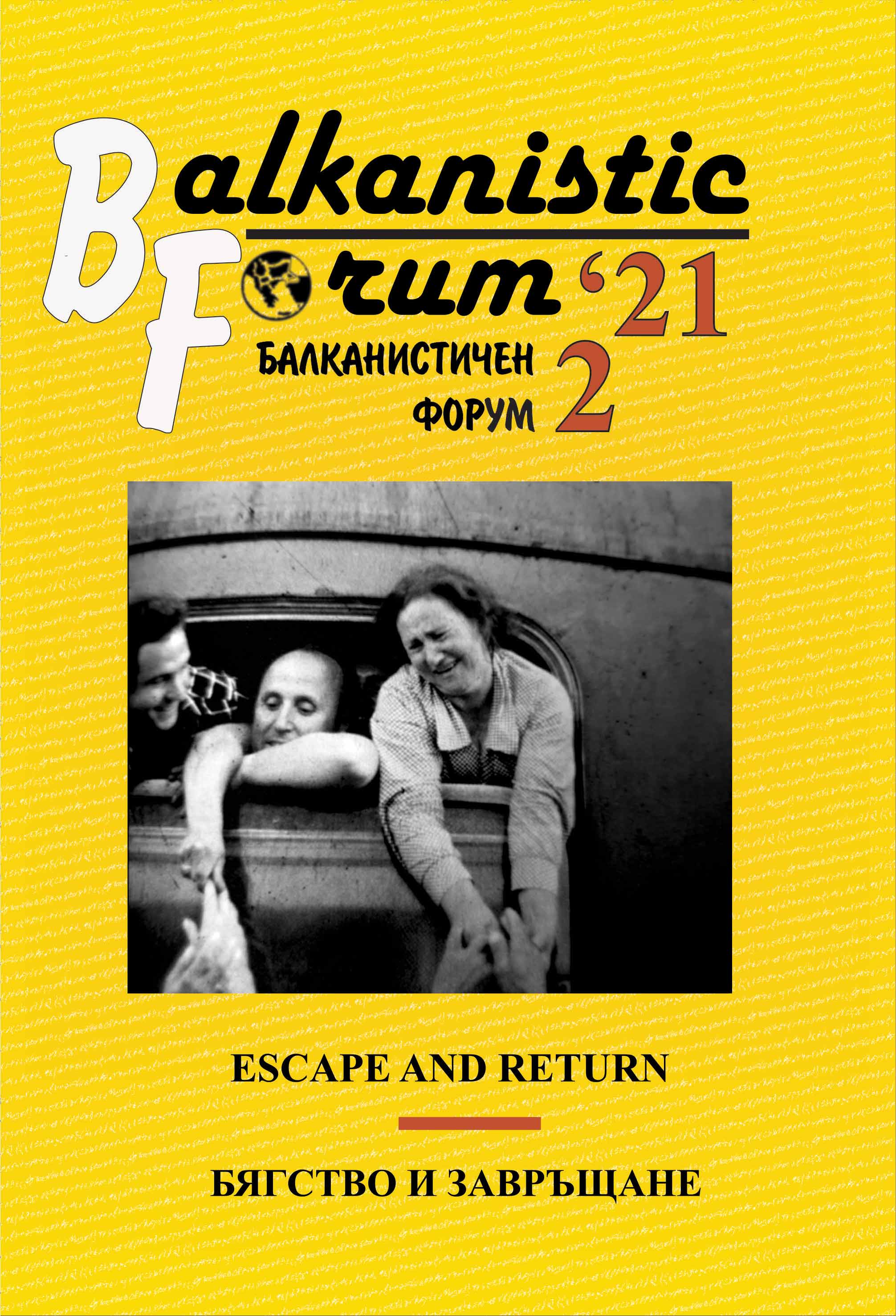Dynamics of Cultural and Educational Processes of National Minorities of Transcarpathia of the Second Half of the 20th Century
Dynamics of Cultural and Educational Processes of National Minorities of Transcarpathia of the Second Half of the 20th Century
Author(s): Natalija Malets, Oleksandr MaletsSubject(s): History, Ethnohistory, Social history, Recent History (1900 till today), Post-War period (1950 - 1989)
Published by: ЮГОЗАПАДЕН УНИВЕРСИТЕТ »НЕОФИТ РИЛСКИ«
Keywords: assimilation; nation; ethnic processes; ethnic groups; national minorities; ethnic con-solidation
Summary/Abstract: The article analyses the dynamics of ethnic composition and ethnic processes in Transcarpathia in the second half of the 20th century, as well as ethno-cultural processes of national consolidation of Ukrainians of the region as part of the Ukrainian nation. The paper evaluates the practice of the Soviet state and the ideology of the Communist Party of the Soviet Union (CPSU) to determine the nature, content and directions of all ethno-national and ethno-cultural policies in Transcarpathia. While researching the consolidation processes of Transcarpathian Ukrainians as part of the Ukrainian nation, the authors showed that the development of the traditions of Ukrainian national culture was seen in the environment of the creative intelligentsia and the majority of the people as an alternative to ideological communication. It is justified that the main goal of the communist authorities in Transcarpathia in 1945-1991 was to establish socialist, economic, political and ideological regime in the region. In order to accelerate this process, a Russian (Russian-speaking) national minority was hastily created in the region by the state authorities, which, having occupied leading political, ideological and economic positions, became a reliable support for the new communist regime. The article analyses the dynamics of ethnic composition and ethnic processes in Transcarpathia in the second half of the 20th century, as well as ethno-cultural processes of national consolidation of Ukrainians of the region as part of the Ukrainian nation. The paper evaluates the practice of the Soviet state and the ideology of the Communist Party of the Soviet Union (CPSU) to determine the nature, content and directions of all ethno-national and ethno-cultural policies in Transcarpathia. While researching the consolidation processes of Transcarpathian Ukrainians as part of the Ukrainian nation, the authors showed that the development of the traditions of Ukrainian national culture was seen in the environment of the creative intelligentsia and the majority of the people as an alternative to ideological communication. It is justified that the main goal of the communist authorities in Transcarpathia in 1945-1991 was to establish socialist, economic, political and ideological regime in the region. In order to accelerate this process, a Russian (Russian-speaking) national minority was hastily created in the region by the state authorities, which, having occupied leading political, ideological and economic positions, became a reliable support for the new communist regime.
Journal: Балканистичен Форум
- Issue Year: 30/2021
- Issue No: 2
- Page Range: 232-253
- Page Count: 22
- Language: English
- Content File-PDF

